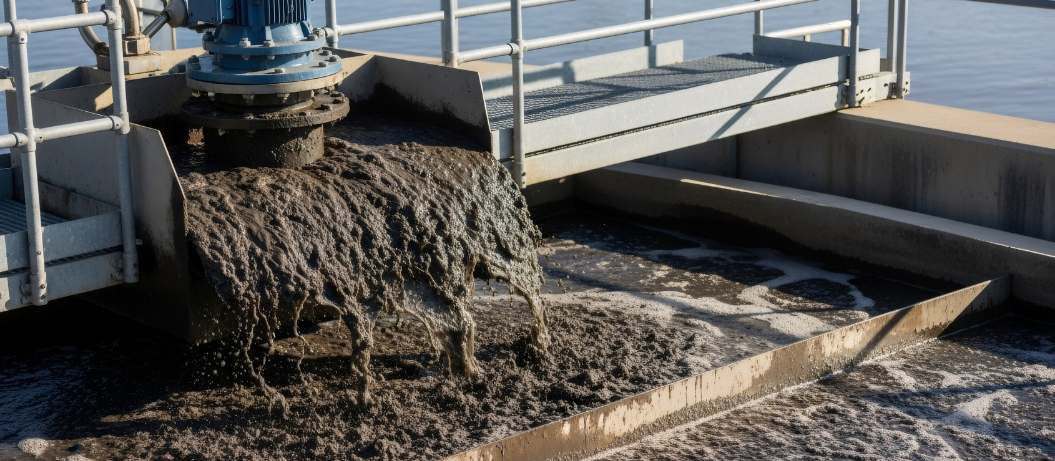A construction site may need dewatering if there is excess water which needs to be removed from a site for construction to commence or continue. This water can be clean or contaminated, and will usually be pumped out into rivers, estuaries, lakes, canals, and coastal waters.
Before beginning dewatering, there are a few things to consider, including the nature of the site you’re dewatering and whether or not you’ll need to apply for a bespoke permit.
What Kind Of Construction Site Are You Working On?
If you’re constructing a building and contaminated water is seeping into local streams or roads, this is a short-term, urgent issue which must be corrected by dewatering as soon as possible.
If you’re constructing a larger infrastructure project, such as HS2 lines or a new power station, the dangers are similar but on a larger scale. The solution to this will need to be considered over a longer period of time, but the first priority should be to stop the water flowing and treat it with acid or carbon dioxide to neutralise it and reduce damage caused by leakages.
Is Your Water Contaminated?
One of the most important aspects to consider before beginning dewatering is whether your water is contaminated. Two of the most common forms of decontamination in the UK are:
– Alkaline water, with a pH above 9, can be very damaging to local surroundings if it leaks. This is because rainwater is slightly acidic, which means that alkaline water leaks can cause ground subsidence when large leaks occur.
– Silt, sand, and clay are some of the most common pollutants. These can remove oxygen from water sources they pollute, suffocating fish and causing irreparable damage to local ecosystems.
Do You Need a Permit?
Broadly speaking, you do not need a permit if you have a short-term discharge of uncontaminated water lasting under three months. This must comply with all conditions stated in the regulatory position statement (RPS).
However, in cases where dewatering will take more than three months or the water is contaminated, you will need to apply for a permit to discharge the water.
Get In Touch
At Atlantic Pumps, we take a sustainable approach to our work and so. we created EnviroHub, which is used to monitor, treat, and report on water quality onsite. For professional advice from responsible experts in site dewatering and permits, please don’t hesitate to contact us today.
We also take a sustainable approach to our work and are committed to reducing energy waste from pumps. Our expert knowledge allows us to reduce energy usage by 20% on the average site!
Call us today on 0808 196 5108 for more information.
 September 6 2021
September 6 2021 2 Minutes min read
2 Minutes min read


